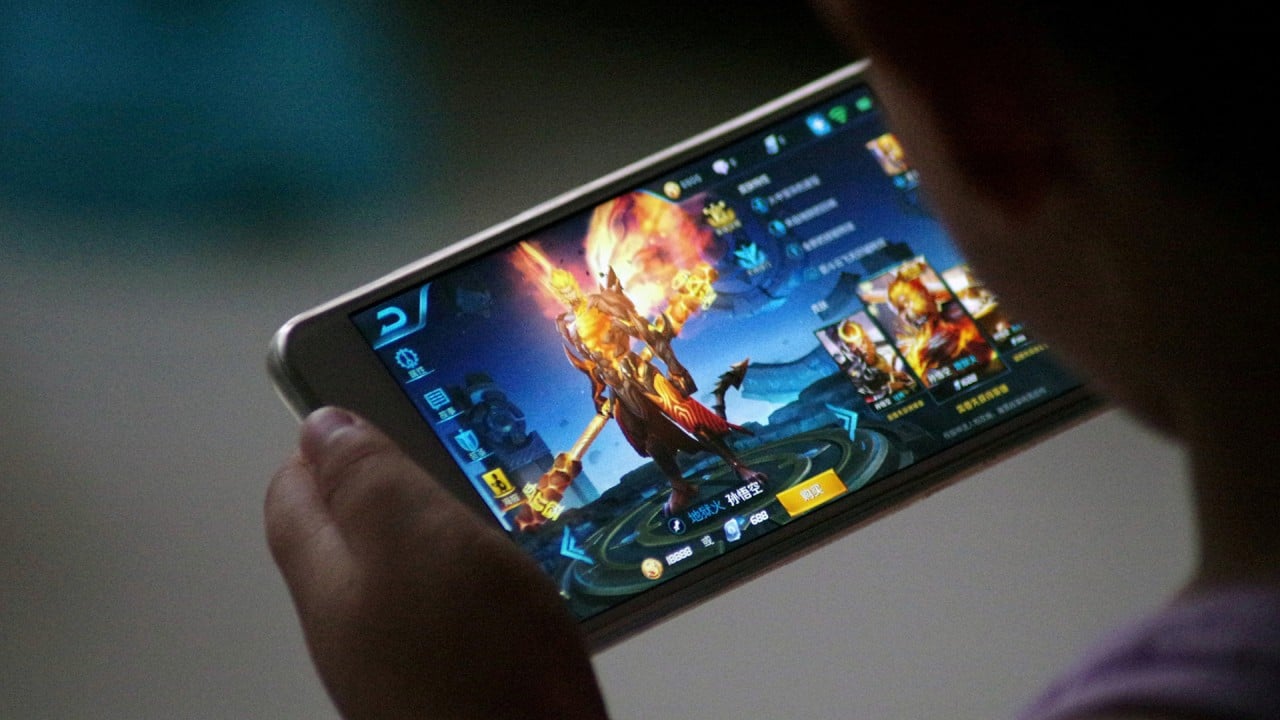
Tencent in a quandary about verification workarounds as 60-year-old player scores lofty Honour of Kings feat
- Tencent’s investigation has failed to determine if a 60-year-old player’s account is controlled by a minor
- While China has some of the world’s strictest gaming regulations, kids have been known to find creative workarounds to play their favourite games
The company’s admission followed its investigation of a 60-year-old gamer – born in 1961, based on the person’s national identification number – who played its flagship mobile game Honour of Kings at 3am earlier this week and achieved a lofty “penta kill”, a phrase that describes a streak of killing five opponents in a row.
While that gamer’s feat was widely circulated by amused online users in China’s social media, it prompted speculation that the person’s account must have been used by someone much younger to get around the country’s strict age restrictions for playing video games.
The Shenzhen-based internet giant said it could not determine if another player had asked the 60-year-old person’s help to pass the game’s facial recognition system. The company also said it does not have jurisdiction to investigate beyond its own back-end data.

01:09
China reportedly slows down online game approvals as crackdown on video game addiction continues
This latest development shows the increased pressure on video game companies amid Beijing’s heightened scrutiny of the industry and stringent new measures to reduce gaming addiction in minors.
High demand for such workarounds has helped create an underground market for game accounts that come with adult credentials for real-name registration. Some kids have also tried to trick their grandparents into registering accounts for them, which in-game verification measures would not be able to detect.
If parents had helped a kid pass the game’s facial recognition check, “we hope that they could be more vigilant and avoid being tricked into scanning their faces”, Tencent said.
In case the 60-year-old gamer’s account had been leased to a minor, the company urged e-commerce platforms and online merchants to support and comply with the government’s measures against gaming addiction.
Tencent did not immediately reply to a request for further comment on Friday.
China’s gaming giants rush to comply with Beijing’s time limit for kids
Tencent rolled out an update to Honour of Kings, which has about 100 million daily active users on average, to comply with the new rules. The company’s esports arm, TJ Sports, also announced that it would overhaul the schedule of all its tournaments to comply.

